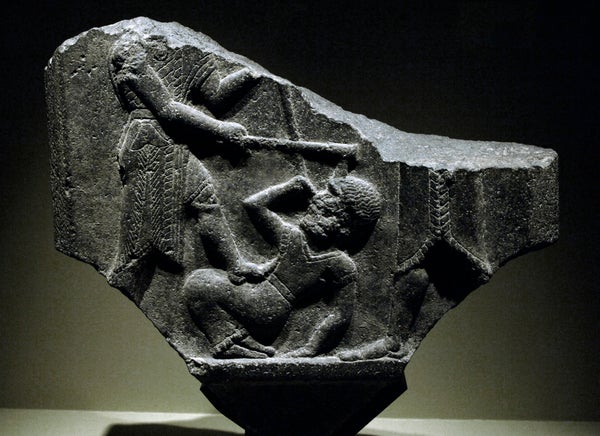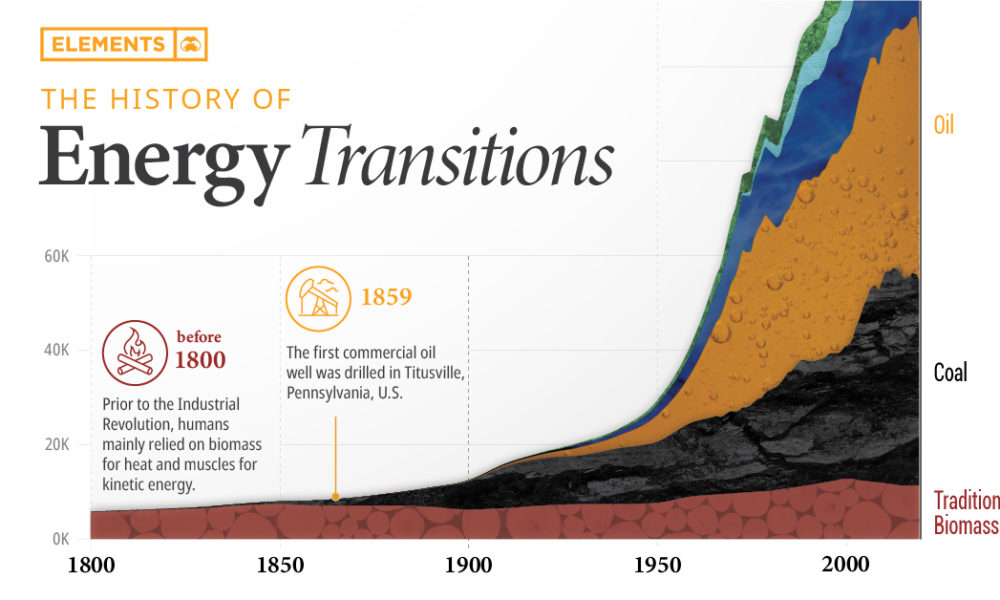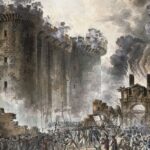Welcome to our journey through Early Modern Political History. This time was filled with huge changes. We saw kings and queens with lots of power. We also saw people fighting for their rights. Let’s dive into this exciting story together!
The Rise and Fall of Monarchies
The Early Modern Period saw kings and queens become very powerful. This is called absolutism. They said they had their power from God. This idea was big in places like France and Russia.
| Country | Monarch | Years of Rule |
|---|---|---|
| France | King Louis XIV | 1643–1715 |
| Russia | Tsar Peter the Great | 1682–1725 |
The Power of Ideas: The Enlightenment
Then, something new happened. It was called the Enlightenment. People started to think in new ways. They asked questions about power. They talked about people’s rights and freedom.
- Freedom of speech was a big idea.
- People also talked about the power of laws.
- Science became very important.
Revolutions That Changed the World
People wanted to change how things were done. They were ready to stand up and fight. Big fights called revolutions happened. These fights changed countries forever.
| Revolution | Country | Year |
|---|---|---|
| The English Revolution | England | 1642 |
| The American Revolution | USA | 1775 |
| The French Revolution | France | 1789 |

Credit: www.scientificamerican.com

Credit: www.visualcapitalist.com
New Types of Governments
After the revolutions, new governments began. Countries started to use democracy. This means the people choose their leaders. It was a big step for the world!
Some important new ideas included:
- Voting rights for more people.
- The idea that everyone is equal under the law.
- Leaders must follow the country’s laws too.
The Impact on Today’s World
Early Modern Political History helped make the world today. It was a time of big changes. We can see its influence in our laws and governments. We know now that people should have the right to choose their leaders. We work for a world where everyone has freedom.
Frequently Asked Questions On Early Modern Political History: Unveiling Power Shifts
Who Were The Key Figures In Early Modern Politics?
Prominent figures include monarchs like Henry VIII, philosophers such as Thomas Hobbes and Jean Bodin, and theorists like Montesquieu. Each influenced governance philosophies significantly.
What Events Shaped Early Modern Political History?
The signing of the Magna Carta, the Glorious Revolution, and the French Revolution were pivotal moments that fundamentally transformed political power structures in Europe.
How Did The Renaissance Impact Political Thought?
The Renaissance revived classical thinking and humanism, which encouraged a shift towards secular governance and shaped the foundations of modern political philosophy.
What Role Did Religion Play In Early Modern Politics?
Religious beliefs were deeply intertwined with governance, often dictating political alliances and influencing policies, such as through the Protestant Reformation and the Thirty Years’ War.
Guest Author Sakhawat-Shuvo wrote and edited this Article based on his best knowledge and understanding. These opinions and remarks are not endorsed or guaranteed by epichistoria.com or EpicHistoria. The Epic Historia does not guarantee this article’s content. Readers should verify and use their judgment before trusting the content. Also, the Images used in this Article are the copyright of their Respective Owners. Please use our Comment Box or Contact Us form to report this content. This information is not accountable for losses, injuries, or damages.

